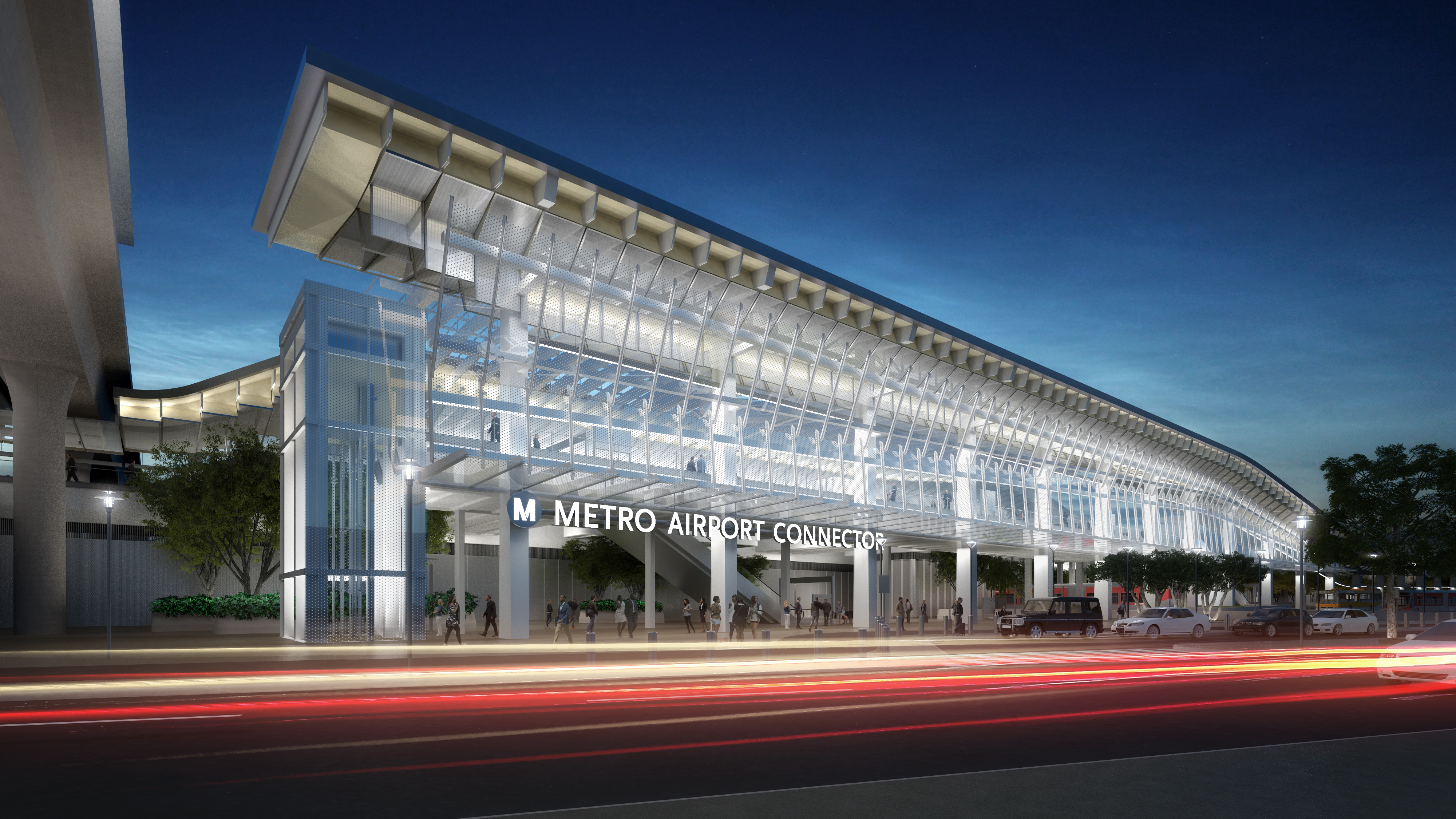
The South Bay Cities Council of Governments (SBCCOG) in Los Angeles has established a low-cost fibre-optic network to improve regional transportation.
It says the South Bay Fiber Network (SBFN) enables local municipalities and other public agencies to access a high-speed, 1 gigabyte (GB) network for $1,000 per month.
The SBCCOG funded the network through $6.9 million of LA Metro Measure M sub-regional transportation improvement grants.
Olivia Valentine, chair of SBCCOG board of directors, says: “By laying this groundwork, cities and the other participating agencies will be able to provide more effective services to their constituents online and reduce trips, saving time and greenhouse gas emissions.”
Additionally, the network is expected to provide a platform for smart city applications.
For example, real-time traffic information from LA County's Information Exchange Network will be available for each participating agency to improve traffic management.
As part of this application, South Bay cities will partner with RIITS (LA Metro's Regional Integration of Intelligent Transportation Systems) to share transportation data as a resource for congestion management, improved transit services and support of transportation demand management programmes.
SBCCOG insists the network will also support autonomous vehicles (AVs) because high-speed and resilient broadband capacity will be necessary for Vehicle to Network and Vehicle to Vehicle communications to provide a safe AV system.
The council describes the new broadband infrastructure as an “essential public asset and resource” to city governments as they manage economic viability during the coronavirus pandemic and beyond.
By the end of 2020, the network will be available for city halls, including Gardena and Hawthorne as well as public agencies such as the LA Metro Transportation Authority and Los Angeles County Department of Public Works.
In 2019, American Dark Fiber won a contract to build the network. Its architectural design features a middle-mile “fibre ring” that connects to the web at two local data centres.
A scalable two-fibre GB network provides bidirectional resiliency and security for SBFN members when connected to the ring, which became operational in August.
A total of 22 sites are now connected and running on the network with another dozen sites planned for service over the next few months.
Gardena-based HP Communications is completing the physical construction of the network, while Race Communications is providing the fibre optic electronic equipment and customer service as the SBFN’s internet service provider.











